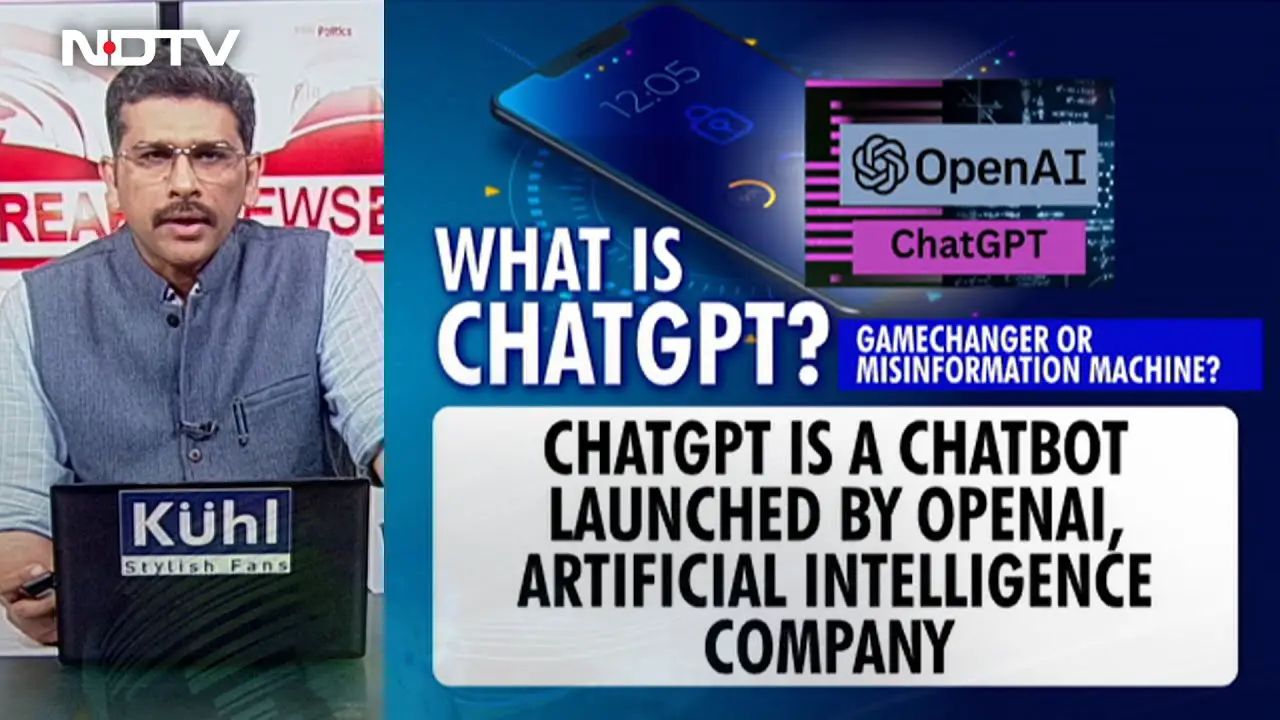The Role of ChatGPT in Combating Misinformation Online

ChatGPT, a large language model developed by OpenAI, has emerged as a powerful tool in the fight against misinformation online. Its ability to analyze vast amounts of text and detect patterns makes it well-suited for identifying and combating false information.

Identifying Misinformation:

ChatGPT can analyze text to identify characteristics common in misinformation, such as:
- Sensational or misleading headlines: It can flag content with exaggerated or attention-grabbing headlines that may not accurately reflect the information within.
- Biased language: ChatGPT can recognize biased or emotionally charged language that attempts to sway readers’ opinions.
- Unreliable sources: It can scan for links or citations to sources known for spreading false information.
Fact-Checking and Verification:
Once it identifies potential misinformation, ChatGPT can perform fact-checking to determine its accuracy. Using its knowledge base and access to external resources, it:
- Verifies claims: ChatGPT can match information in suspicious content against credible sources and report inconsistencies.
- Cites sources: It provides references to reputable sources to support its fact-checks, enhancing transparency and credibility.
- Categorizes misinformation: It can classify misinformation into different categories, such as fake news, satire, or opinion pieces, helping users understand the nature of the content.
Educating and Raising Awareness:
ChatGPT can play an educational role in combating misinformation by:
- Providing context: It can give background information or explain complex concepts related to misinformation, helping users make informed decisions.
- Promoting critical thinking: It can encourage users to evaluate information critically by providing examples of logical fallacies and biased reasoning.
- Raising awareness: By detecting misinformation and providing accurate information, ChatGPT raises awareness about the issue and fosters a more informed online space.
Challenges and Limitations:
While ChatGPT offers significant potential in combating misinformation, it has limitations to consider:
- Bias: ChatGPT itself may be biased, reflecting the data it was trained on.
- Difficulty handling complex topics: It may struggle to analyze nuanced or technical information.
- Automation bias: Users may blindly trust ChatGPT’s fact-checks without verifying them independently.
In conclusion, ChatGPT’s advanced language processing capabilities make it a valuable tool in the fight against online misinformation. By identifying, fact-checking, and educating users, ChatGPT empowers individuals with the knowledge and critical thinking skills to navigate the information landscape more effectively and combat the spread of false information.
